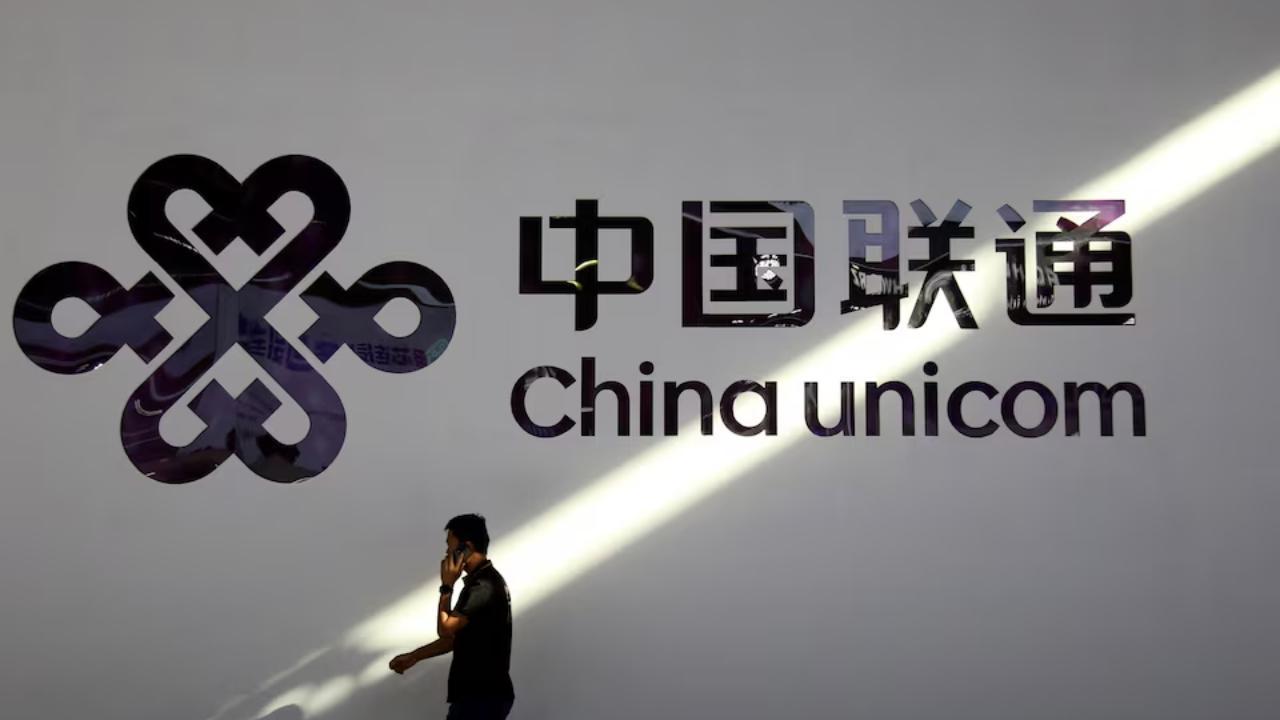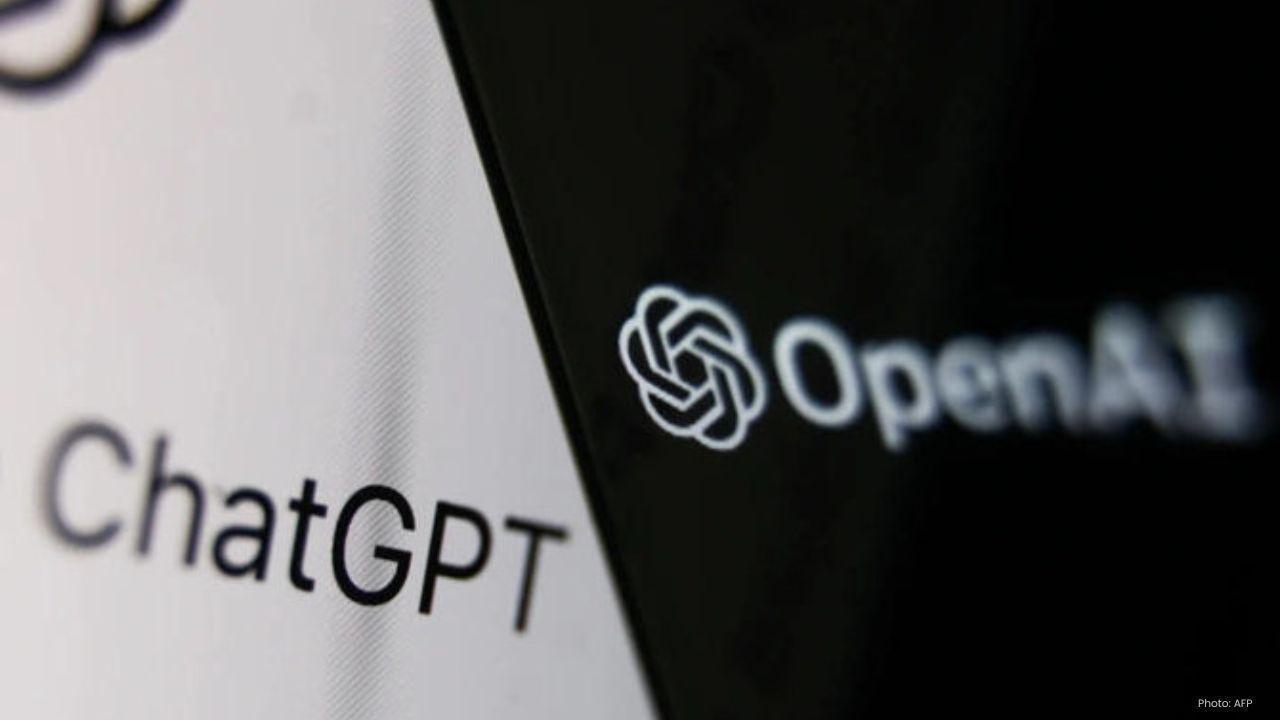
Post by :
Photo: Reuters
China is now working very hard to become independent in advanced technology. One of the most important areas is computer chips, which are like the brain of modern machines. Without strong chips, you cannot run artificial intelligence (AI), large data storage, or supercomputers.
For many years, China had to depend on foreign countries, especially the United States, for these advanced chips. But recently, because of political tensions and trade restrictions, the U.S. has limited the sale of certain high-end chips to China.
In response, China has started building its own chip industry. A big step in this plan is the construction of a massive data centre in Xining, Qinghai province, led by China Unicom, one of the country’s largest telecom companies. This project is not just about storage; it is about proving that Chinese chips can handle the toughest tasks.
The data centre already costs around $390 million and has started working at a smaller scale. But once fully complete, it will become one of the largest data centres powered mainly by home-made Chinese chips.
What Is a Data Centre?
To understand why this project is important, we should first know what a data centre is. A data centre is a place where thousands of computers and servers are kept together. They store information, process huge amounts of data, and allow companies and governments to run applications, websites, and AI tools.
For example:
So, building a new data centre in China means the country is preparing for a future where everything from social media, banking, transport, to national security can rely on domestic computing power.
The Numbers Behind the Project
This data centre has already reached 3,579 petaflops of computing power. To put that in simple terms: one petaflop equals one thousand trillion calculations per second. Imagine solving one math problem every second; now imagine solving a thousand trillion math problems every second. That is the kind of power we are talking about.
When finished, the project aims for 20,000 petaflops. That would make it one of the largest and most powerful centres in the world.
The Chips Being Used
A very important part of this project is the chips. Chips are the tiny parts inside computers that do the real thinking. Without strong chips, a data centre cannot work.
In this project:
Why This Is a Big Deal
For many years, China had to buy advanced chips from foreign companies, especially from the U.S. company Nvidia. Nvidia chips are considered the most powerful for AI and supercomputing. But because of trade restrictions, the U.S. has blocked the sale of some top Nvidia chips to China.
The T-Head chips used in this new centre are said to be close in performance to the Nvidia H20, which is one of the few Nvidia chips still allowed for export to China. This shows that China’s domestic technology is slowly catching up.
Technology Inside the Chips
The T-Head chip has advanced features, such as 96 gigabytes of memory and HBM2e stacked memory. This makes the chip fast and efficient in handling AI workloads. Memory is important because AI models require a lot of data to be processed at once. The more memory and speed a chip has, the better it can perform.
Global Tensions
What This Means for China
This project has several meanings for China:
Challenges Ahead
Of course, the road is not easy. Making advanced chips is extremely difficult. Only a few countries in the world, like the U.S., Taiwan, and South Korea, are leaders in this field. China still faces challenges such as:
The Bigger Picture
This project is not just about one building or one company. It represents a shift in the global tech race. The world is slowly splitting into two groups:
Each side wants to control the future of AI, data, and supercomputing. Whoever wins this race will likely hold more economic and political power in the future.
Impact on the World
The new data centre in Qinghai province is not just about technology. It is a statement. China is showing the world that it does not want to rely on others for critical technology anymore. By using its own chips, building its own systems, and training its own people, China is moving toward independence in one of the most important industries of the 21st century.
The road ahead is full of challenges, but this project marks a turning point. It shows how technology, politics, and economics are all connected. In the years to come, we may see more such projects where countries try to become stronger by relying on themselves rather than others.










NBA Friday Highlights: Miami, Lakers, Milwaukee, and Clippers Triumph
Miami, Lakers, Bucks, and Clippers secure victories in thrilling NBA Friday games with standout perf

Doncic Dominates with 49 Points as Lakers Defeat Timberwolves 128-110
Luka Doncic scores 49 points to propel the Lakers past the Timberwolves 128-110; Reaves and Hachimur

Kings Narrowly Defeat Jazz 105-104 with Sabonis' Late Heroics
Domantas Sabonis' last-minute shot secures a thrilling 105-104 win for the Kings against the Jazz in

Argentina's Friendly Match with India Delayed, New Date to be Announced
Argentina's friendly against India in Kochi is postponed; a new date will be confirmed soon due to F

Rohit and Kohli Conclude ODI Journeys in Australia with a Win
Rohit Sharma and Virat Kohli close their ODI chapter in Australia with a win, partnering for an unbe

George Russell Dons Lucha Libre Mask at Mexican Grand Prix
George Russell sported a Lucha Libre mask to experience the Mexican GP stands while rookie Fred Vest